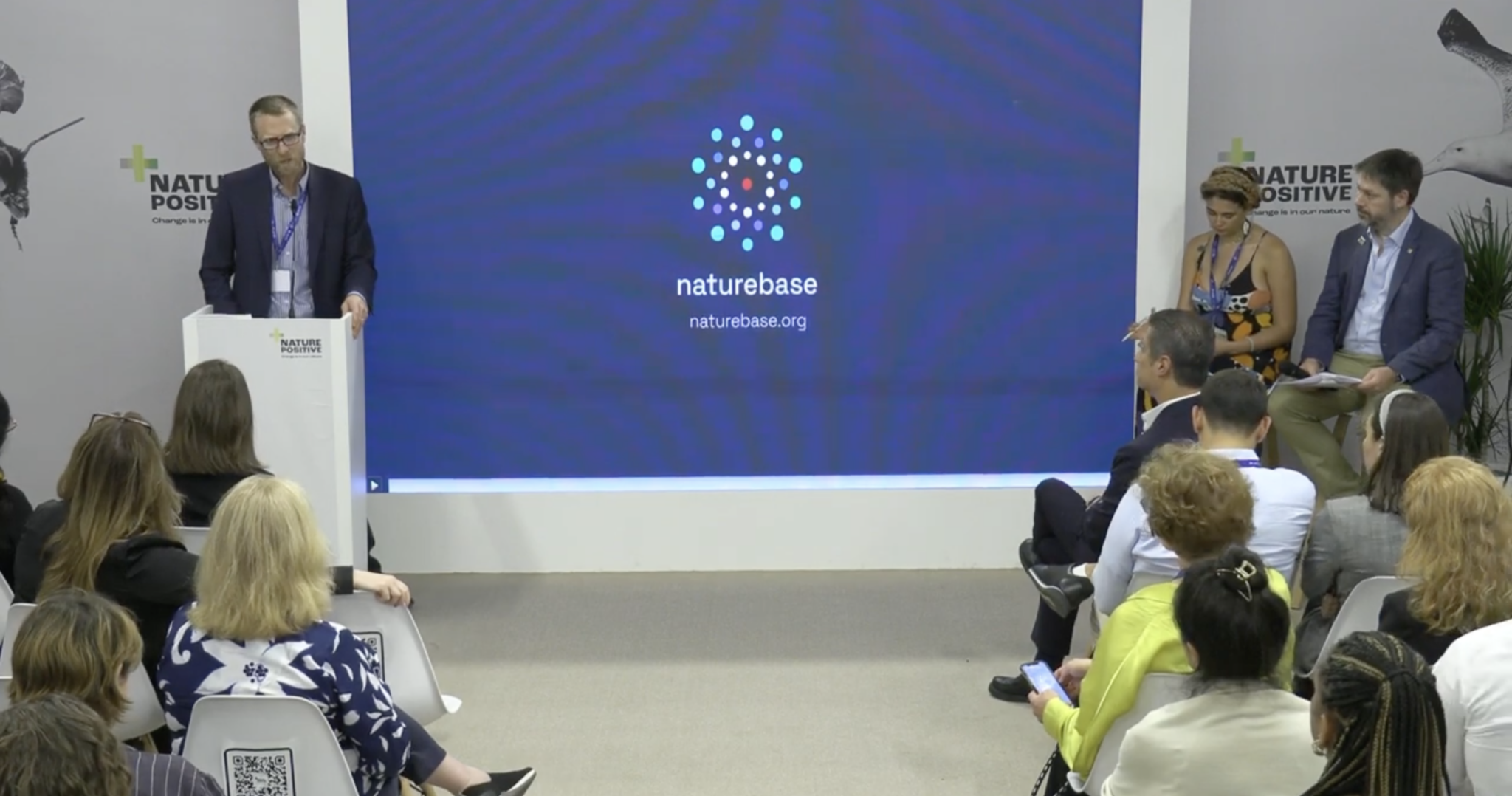
Peter Ellis, Global NCS Director at The Nature Conservancy, explains how the new climate data platform can help overcome sense of paralysis when tackling climate change
Read more
Related articles for further reading
Facing the climate crisis can be paralyzing. The effects of climate change are so pervasive and daunting, it’s easy to feel powerless. Even when we do work up the courage to act, it seems we can never get it right. Do I recycle, or does it matter? Do I purchase a carbon credit or not?
This confusion can be particularly poignant when it comes to natural climate solutions (NCS): changes in land stewardship (such as reforestation) that provide real climate benefits. Researchers and conservationists started a movement in 2017 when they published research revealing that—were we to take full advantage of nature’s inherent ability to absorb and store atmospheric carbon in the landscape—humans could unlock massive amounts of the climate mitigation needed to avoid the worst-case climate scenarios.
Unfortunately, the NCS movement has been plagued by controversy and confusion almost since its inception. For a time, it seemed tree planting was all the rage with governments and corporations, until biologists rightly pointed out that trees don’t always need humans to plant them; indeed trees store more carbon when left to grow naturally, nor do they belong everywhere. Many critics also confused NCS with carbon crediting, and expressed concerns that the NCS movement could slow the work needed to decarbonize industry (the other two-thirds of the necessary climate mitigation); Indeed, the corporate fervor to meet net-zero targets through NCS offset crediting surfaced some legitimate greenwashing concerns, and exposed inaccuracies in the mechanisms used to demonstrate additional climate mitigation. All this is enough to paralyze even this climate expert!
What’s needed to cut through this sense of paralysis, procrastination and general prevarication is cold, hard data. Fortunately, the same scientists who kick-started the NCS movement have been hard at work compiling the best available science with the goal of helping decision-makers cut through all this noise. The result is naturebase: an interactive, free-to-access web platform that applies clear, consistent NCS Principles to light the path to no-regrets action. Naturebase answers the questions that land managers, policy-makers, investors, and communities should be asking: how can I work with nature to build a livable future? Where are the biggest opportunities? Where should we avoid? What are the challenges? And most importantly, what can I do to join the movement?
Naturebase’s unique agency for positive change is founded on the state-of-the-art, radically transparent data that underpins its dashboard. When first unveiled in December 2023 at the United Nations Climate Conference COP28 in Dubai, it introduced the world to new maps displaying NCS potential in unprecedented granularity. These maps show where we can be most effective working together with our natural plant allies; they also indicate—with never-before-seen precision—where stewardship actions such as reforestation, agroforestry, and mangrove protection can deliver the most meaningful and measurable progress towards the NCS challenge. Naturebase calls these actions ‘pathways’ because they signpost a hopeful way forward for all of us working to maximize nature’s contribution to the climate fight. Behind each pathway is a team of scientists who have worked for years to provide the best available, transparent, peer-reviewed science in the form of a globally consistent, easy-to-interpret, action-oriented map. With these maps, you can identify the best places to protect, the most effective management practices, and the most powerful opportunities for restoration.
But it doesn’t end there, because none of this can happen without resources. Hence, Naturebase is also compiling a treasure trove of information about where to find and unlock financing to support NCS activities, and how to identify relevant policies that enable your desired interventions. And over the coming months, alongside four novel global pathway datasets, additional data will be added to Naturebase that identifies and maps NCS feasibility constraints: the biggest barriers that impede NCS implementation, compiled from hundreds of on-the-ground practitioners and researchers. Also, because of Naturebase’s commitment to radical transparency, all pathway datasets are free and open access and will include estimates of data confidence, so that decision-makers can track the science as it develops.
Finally, the Naturebase architects understand that the sustainability of the NCS movement rides on the back of the rural communities who are both stewards to many of our most carbon-critical landscapes, but also disproportionately vulnerable to climate-driven disasters. That’s why Naturebase also features a new Human Rights Screening Tool designed to identify, prioritize, and mitigate risks to the people at the front lines of action.
Whether you’re a community leader, a farmer, a logger, a government policy maker, a carbon project developer, or an NCS investor, you no longer need to be paralyzed by the climate crisis. Naturebase is here to guide you! And if you’re a teacher, an activist, a scientist, or even just a concerned citizen, everyone has a role to play in the NCS movement with their vote, voice and wallet, and Naturebase helps us all to engage with intelligence.
Try it today: log on to naturebase.org and join the movement!